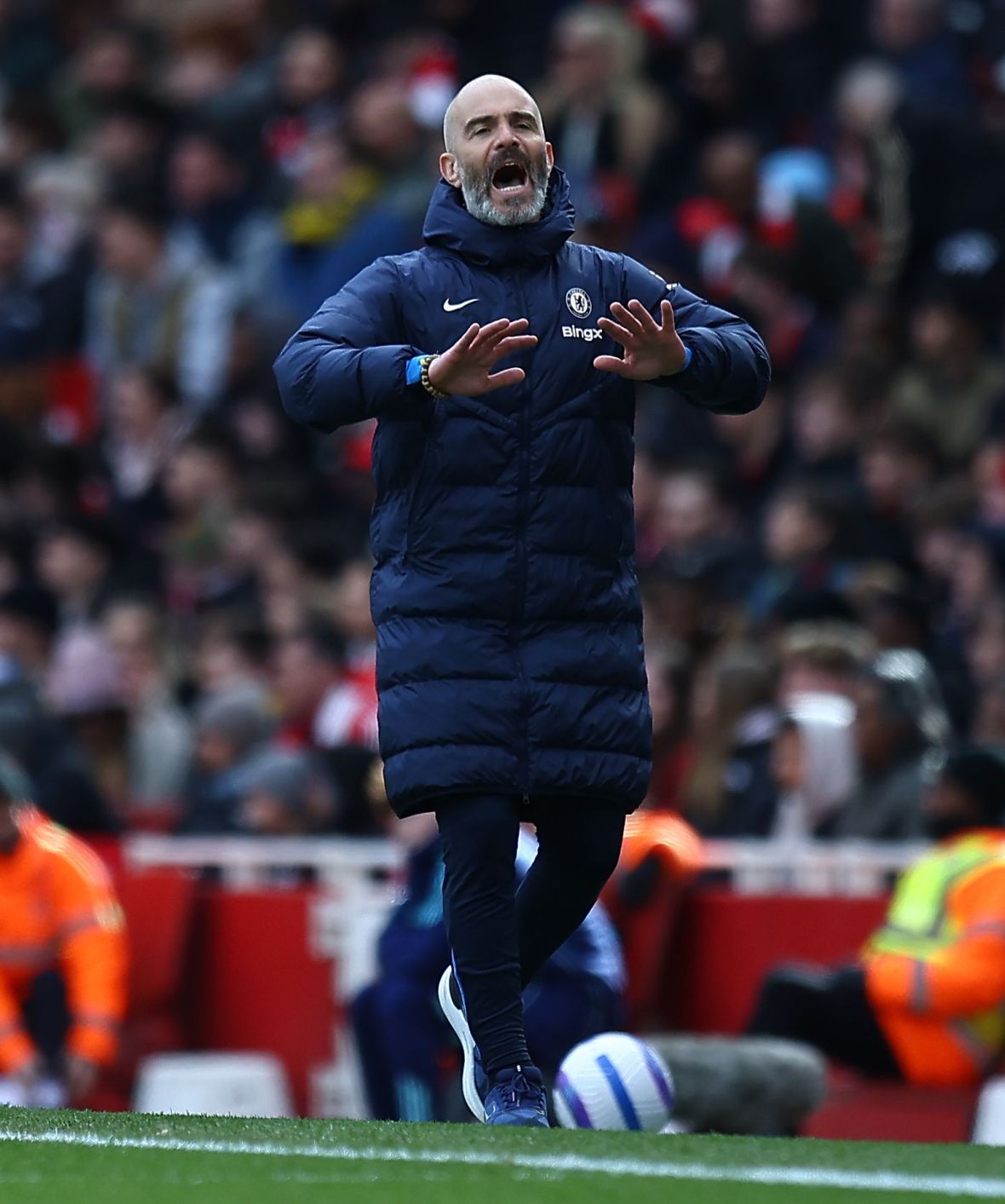Chelsea’s attacking form has deteriorated drastically in recent months, with key injuries, tactical adjustments, and poor individual performances all contributing to their struggles. While Mikel Arteta praised Chelsea as the best attacking team in open play earlier in the season, their recent 1-0 defeat to Arsenal highlighted just how far they have fallen. With only four wins in their last 13 league games, Chelsea's grip on a Champions League spot is weakening.
Chelsea’s season started with vibrant attacking football, but their recent displays have been uninspiring. Against Arsenal, they registered an expected goals (xG) of just 0.35, their lowest of the season. This came after similarly uninspiring performances against Copenhagen and Leicester, where they struggled to create meaningful chances.
The primary cause of this slump is debated between injuries and Maresca’s tactical style. While the absence of Cole Palmer, Nicolas Jackson, and Noni Madueke (who have contributed 30 goals combined) has clearly hurt Chelsea, their form was already declining before their injuries. Palmer has gone ten games without a goal, Jackson was goalless in eight before his injury, and Madueke has been inconsistent.

The lack of squad depth has also been exposed. Jadon Sancho and Christopher Nkunku have failed to impress, while Pedro Neto has done well as a makeshift striker but has not been able to compensate for the missing firepower. Chelsea’s attack has slowed down, with more passes and less direct movement, reflecting Maresca’s "control over chaos" philosophy, but at the cost of their attacking fluidity.
The comparisons to Maresca’s Leicester team last season, which dominated early but collapsed before recovering, are becoming more relevant. However, with Madueke, Jackson, and others set to return after the international break, Maresca is hoping for a turnaround. If Chelsea’s attack fails to reignite, questions over Maresca’s tactical approach will only intensify.